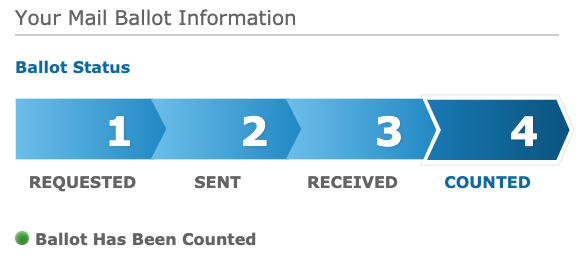
It used to be that public figures, professionals, and academic researchers regularly published hard copy books with their name on it. This had long been known as a step on the path to to notoriety. But now, many are deciding to wrap it in a digital package.
It is now in vogue to steer away from the printed word and release writings in digital formats. This is the case whether it’s crafting a tech-savvy image, or skipping the procedural hurdles that include working with a major publishing house.
There are several reasons that favor moving in digital mediums. But the pressures that so often lead readers to pan the contents of these obligatory titles as stale have not changed, raising the question: Can new formats help entries in an old genre rise above it all?
The blog format does help remedy one common criticism that it’s over-processed to the point of original writing and authenticity. The utilization of a blog, when writing and publishing an e-book appears designed to bolster an image of a tech-savvy, in-touch manager.
Electronic publishers are able to customers might not be able to find in standard book retailers, and books by new authors that would be unlikely to be profitable for traditional publishers.
While the term electronic publishing is primarily used to refer to the current offerings of online and web-based publishers, it has a history of being used to describe the development of new forms of production, distribution, and user interaction in regard to computer-based production of text and other interactive media.
With Isis, Assad and Putin exposed, who's next on citizen journalist Eliot Higgins' list? http://www.independent.co.uk/news/people/profiles/with-isis-assad-and-p…
However, some countries make it easier to publish than others. Saudi Arabia publicly beheads a woman in holy city of Mecca http://www.independent.co.uk/news/world/middle-east/saudi-arabia-public…